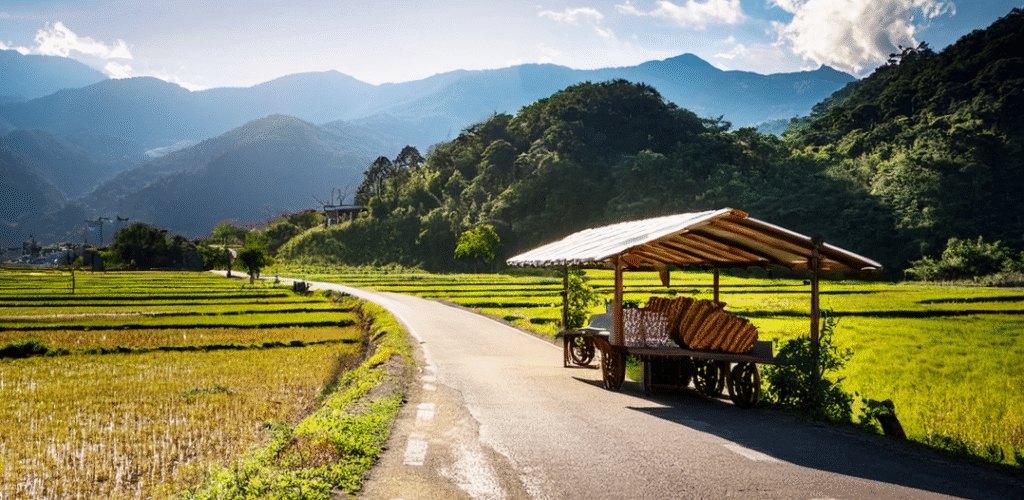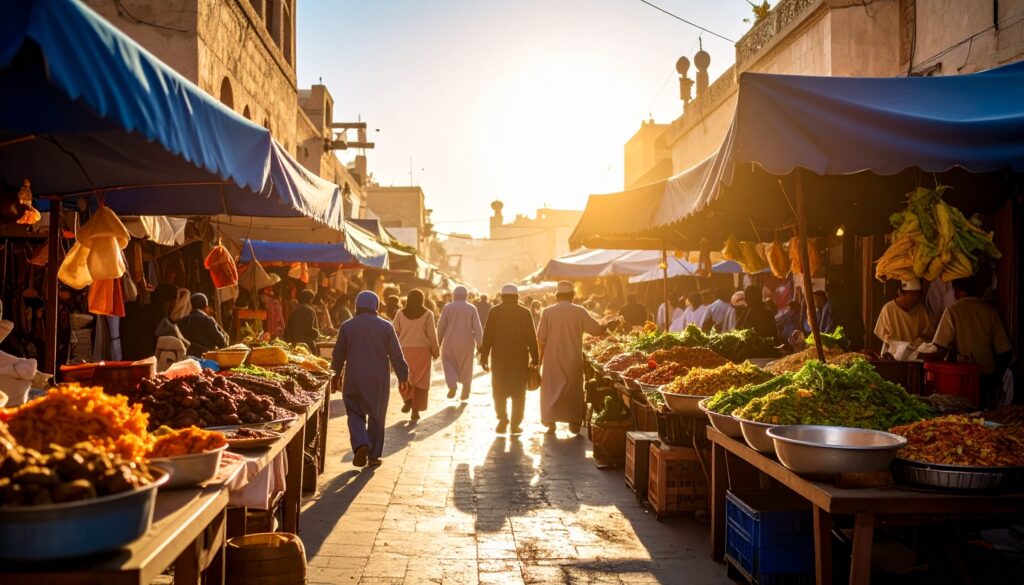
Taiwanese culture is a vibrant tapestry woven from indigenous traditions, Chinese heritage, Japanese influence, and modern global trends. This island nation, nestled in the western Pacific, has cultivated a unique identity that reflects both its historical complexities and its contemporary dynamism. From its language and festivals to its culinary arts and tea culture, Taiwan offers a rich cultural landscape that is both deeply rooted and ever-evolving.
One of the most iconic aspects of Taiwanese culture is its tea tradition, particularly the cultivation and appreciation of oolong tea. Taiwan’s mountainous terrain and humid subtropical climate provide ideal conditions for growing high-quality tea, especially in regions like Alishan, Lishan, and Dong Ding. Taiwanese oolong teas are semi-oxidized, placing them between green and black teas in terms of flavor and aroma. They are prized for their floral notes, smooth texture, and lingering sweetness.
Tea is more than just a beverage in Taiwan—it is a cultural ritual and a symbol of hospitality, mindfulness, and social connection. The Gongfu tea ceremony, which originated in China but has flourished in Taiwan, exemplifies this ethos. The term “Gongfu” refers to the skill and effort involved in brewing tea properly. In a traditional ceremony, small clay teapots and delicate porcelain cups are used to brew and serve the tea in multiple infusions. Each step—from warming the vessels to pouring the tea in a circular motion—is performed with precision and grace. The ceremony is not only about taste but also about appreciating the aroma, color, and spirit of the tea. It encourages participants to slow down, engage their senses, and connect with others in a serene setting.
Beyond tea, Taiwanese cuisine is another cornerstone of cultural identity. It reflects a blend of indigenous flavors, Fujianese cooking styles, and Japanese culinary techniques. Street food is especially beloved, with bustling night markets offering everything from stinky tofu and oyster omelets to bubble tea and grilled squid. These markets are not just places to eat—they are social hubs where people gather, explore, and celebrate local flavors.
Festivals play a significant role in Taiwanese life, often blending religious devotion with communal celebration. The Lunar New Year is the most important holiday, marked by family reunions, red envelopes, and elaborate feasts. The Lantern Festival, held on the 15th day of the first lunar month, features glowing lanterns released into the sky or floated on water, symbolizing hope and renewal. The Dragon Boat Festival and the Mid-Autumn Festival are also widely celebrated, each with its own customs, foods, and stories.
Taiwan’s religious landscape is equally diverse. While Buddhism, Taoism, and folk religions dominate, there is also a significant presence of Christianity and other faiths. Temples are ubiquitous, often ornately decorated with dragons, incense coils, and colorful deities. These sacred spaces serve not only as places of worship but also as cultural centers where festivals, rituals, and community events take place.
Language and identity are central to Taiwan’s cultural narrative. Mandarin Chinese is the official language, but Taiwanese Hokkien, Hakka, and indigenous languages are also spoken, reflecting the island’s multicultural roots. In recent years, there has been a growing movement to preserve and revitalize these local languages as a way of affirming Taiwanese identity.
Art and design flourish in Taiwan’s urban centers. From traditional calligraphy and ink painting to contemporary installations and digital media, Taiwanese artists draw on a wide range of influences. The National Palace Museum in Taipei houses one of the world’s largest collections of Chinese art, while modern galleries and street art scenes showcase the island’s creative pulse.
Taiwan is also known for its technological innovation and democratic values, which coexist with its cultural traditions. This blend of old and new is evident in everything from high-speed rail systems and smart cities to the preservation of historic neighborhoods and folk customs.
In conclusion, Taiwanese culture is a harmonious blend of tradition and modernity, local pride and global openness. Whether sipping oolong tea in a quiet teahouse, wandering through a lantern-lit festival, or savoring a bowl of beef noodle soup at a night market, one experiences a culture that is both deeply personal and profoundly communal. It is this balance—between heritage and innovation, ritual and spontaneity—that makes Taiwanese culture so compelling and enduring.
Listen to our podcast about Taiwanese culture

